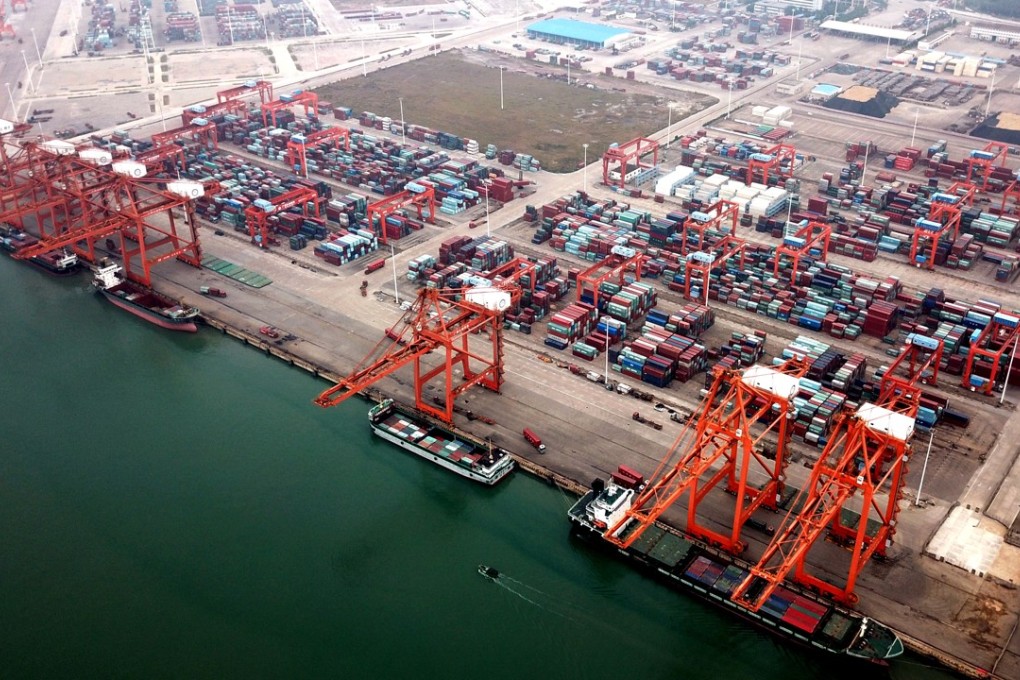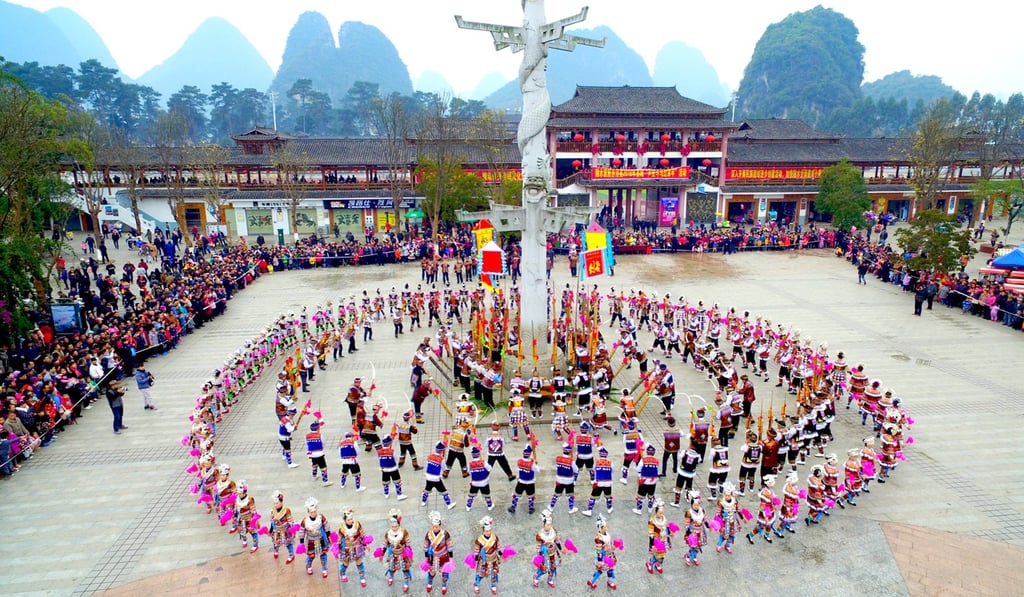City Beat | How a Singaporean trade idea can benefit Hong Kong, due to a provincial Chinese party chief with local experience
Hong Kong could be set to muscle in on a Singaporean plan for a ‘southern transport corridor’ to Southeast Asia

What can be so special about a mainland provincial party chief with long experience in Hong Kong, particularly when it comes to China’s ambitious Belt and Road Initiative?
Vigorously promoted by President Xi Jinping, this mega infrastructure project to enable trade and connectivity between Eurasian countries has turned global.
Yet the construction of a “southern transport corridor” currently in full swing as part of this strategy is still new to many, including Hong Kong. The corridor is to connect western China with Southeast Asia by making Guangxi, a region bordering Vietnam, the gateway.
This particular party secretary has one more vision in mind: making Hong Kong a part of it so as to expand the routes to international markets via the city.

Interestingly, the idea was initiated by Singapore, which Hong Kong sees as a competitor in a sense, and vice versa. With a major, government-funded investment in China’s western city of Chongqing, Singapore needs an efficient transportation network for all the logistics arrangements, and Guangxi is seen as the perfect hub, given its strategic location.
